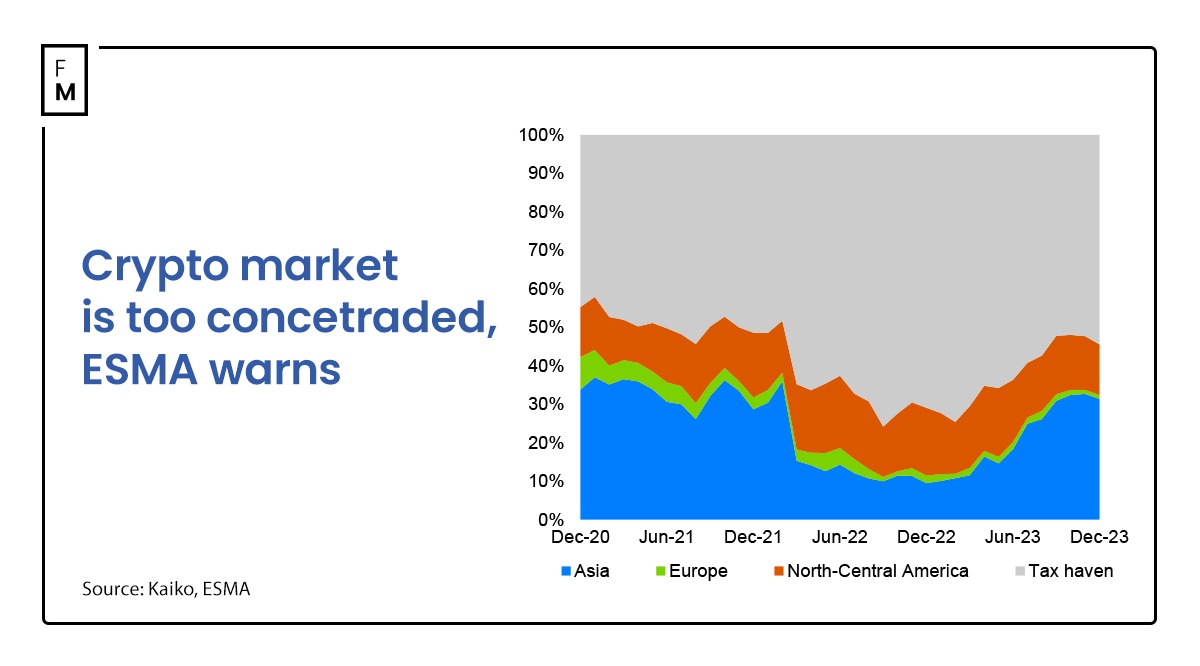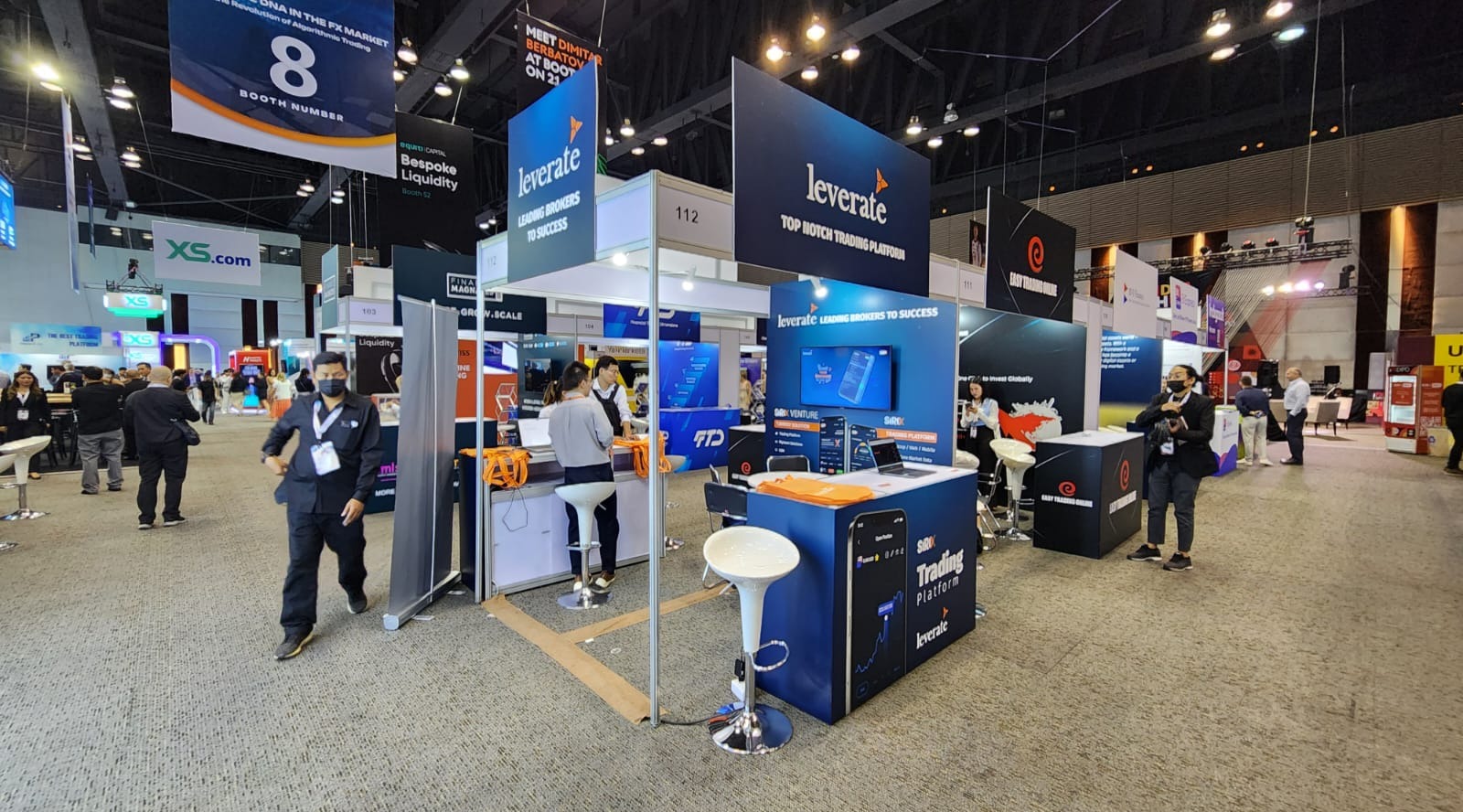In a comprehensive analysis of the cryptocurrency market, the European Securities and Markets Authority (ESMA) has revealed the highly concentrated nature of crypto trading and the potential risks it poses to the broader financial ecosystem.
The report, released on Wednesday, comes as the European Union prepares to implement the world's first extensive regulatory framework for cryptoassets, dubbed MiCA.
EU Watchdog Raises Concern over Crypto Market Concentration
ESMA's findings reveal that a mere ten exchanges oversee approximately 90% of all cryptocurrency trades, with Binance leading the pack with an astonishing 50% share in the market. The recent Finance Magnates Intelligence study confirms the market watchdog data, indicating an increase in trading volumes of the top 10 crypto exchanges.
While this level of concentration is potentially beneficial from an efficiency standpoint, it raises significant concerns about the implications of a failure or malfunction at a major exchange.
“The top 10 exchanges execute around 90% of total trading volume and, with a volume of over USD 3.7 trillion or a market share of 49%, Binance is the largest exchange,” ESMA commented in its report. “The runner-up, Upbit, recorded only about a seventh of this volume."
This concentration has increased over the years. In 2019, it was 54%, and currently, according to ESMA, it has risen to 73%.
Year | TOP 5 |
2018 | 68% |
2019 | 54% |
2020 | 59% |
2021 | 63% |
2022 | 65% |
2023 | 73% |
Euro Is Not Important in Crypto Transactions
The report revealed that the euro has minimal involvement in cryptocurrency trading, with most transactions occurring outside the EU at exchanges domiciled in tax havens.
“The distribution of involved fiat money reflects a high reliance on the US dollar and the South Korean won as the market’s on- and off-ramp,” ESMA explained. “The euro only plays a minor role and the announcement of the MiCA regulation has not caused an increase in euro transactions so far.”
Furthermore, ESMA debunks the notion that cryptocurrencies serve as a safe haven during times of market stress, noting a co-movement with equities and lack of stability in relation with gold.
As the EU rolls out its comprehensive regulatory framework for cryptoassets called MiCA, ESMA's findings underscore the importance of oversight and risk management in this rapidly evolving sector. The watchdog plans to discuss its report in greater detail during a webinar on April 25.
Regarding MiCA, ESMA published its final report a few weeks ago and seeks to strike a balance between a high level of investor protection and innovation within the crypto industry.


















